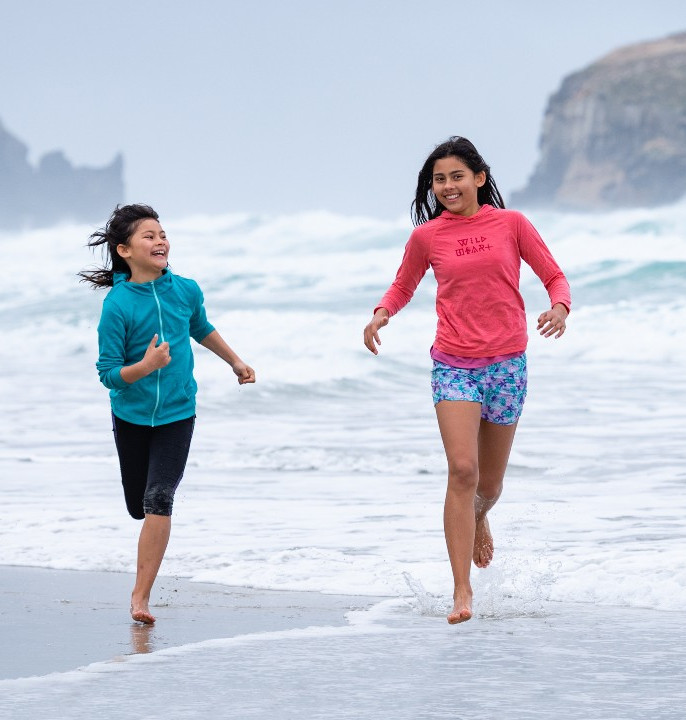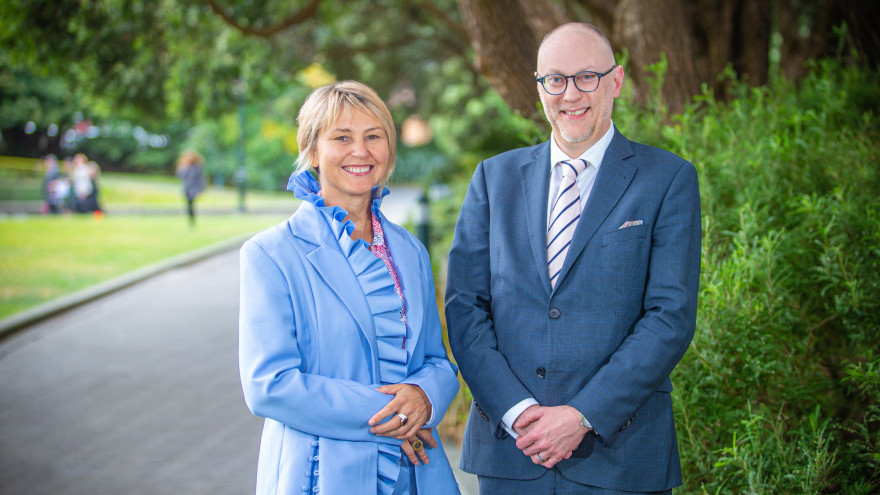Message to readers

COVID-19 has dominated our lives in 2020, causing widespread and significant changes to our economy, our businesses, and the way we live our lives. The experiences we are living through may offer some insights for how to approach the challenges that climate change is fast bringing our way.

COVID-19 reminded us that large-scale disruption to our lives can be abrupt, unwanted, and unforeseen, and that some people, places, and sectors are likely to be disproportionately affected. For many people, the disruption caused the loss of jobs, businesses, and financial stability. Forced isolation was tough and served to highlight the things we value most in life, like connections with others and access to nature.
However, our responses to eliminating the virus were an example to the world. As a nation we demonstrated resilience, kindness, and the capacity to act as a team. Science, data, and modelling informed daily decision-making and guided us through the alert levels. We also rapidly adopted new technology and different ways of working, learning, and keeping in touch. These are the attitudes we can draw on to respond to climate change.
Significant changes to Aotearoa New Zealand’s climate are documented in this report, and they mirror the changes being observed around the world. The impacts are widespread and threaten our environment, our way of life, and the ways we make a living. Our emissions are affecting the climate and changes in the climate are affecting us. Details of the effects on our wellbeing are included here, and while the voices of te ao Māori are stronger, future reports should go further.
Climate change is here to stay, but the opportunity to create the best possible future for our young people and mokopuna is short-lived. The responsibility on our shoulders today is to act wisely and rapidly to gift them security, health, and access to the beauty and benefits of New Zealand that we have enjoyed.
In our hands are many tools to transform our way of life and create a low-emissions future. Clean energy, protecting native forest and planting trees, re-thinking transport away from petrol and diesel, and new technologies can enhance nature, create healthier cities, and ensure people are better off.
There is an opportunity to listen and learn from each other and past experiences. When Māori journeyed to this land from Hawaiki, they were forced to discover different food and use new and unfamiliar materials to survive. Sir Paul Reeves rightly said of Māori, “We are geared toward innovative and revolutionary thinking, and practical and sustainable solutions.” These ways of thinking are needed to take us forward together.
We invite you to use this report to see for yourself how much has already changed and reflect on the serious and immediate challenges we face. Then share what you discover. Use the findings with whānau, schools businesses, government, and communities to inform choices and decisions that will shape the legacy we leave for future generations.
Vicky Robertson Mark Sowden
Secretary for the Environment Government Statistician

Message to readers
October 2020
© Ministry for the Environment